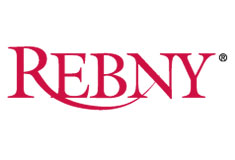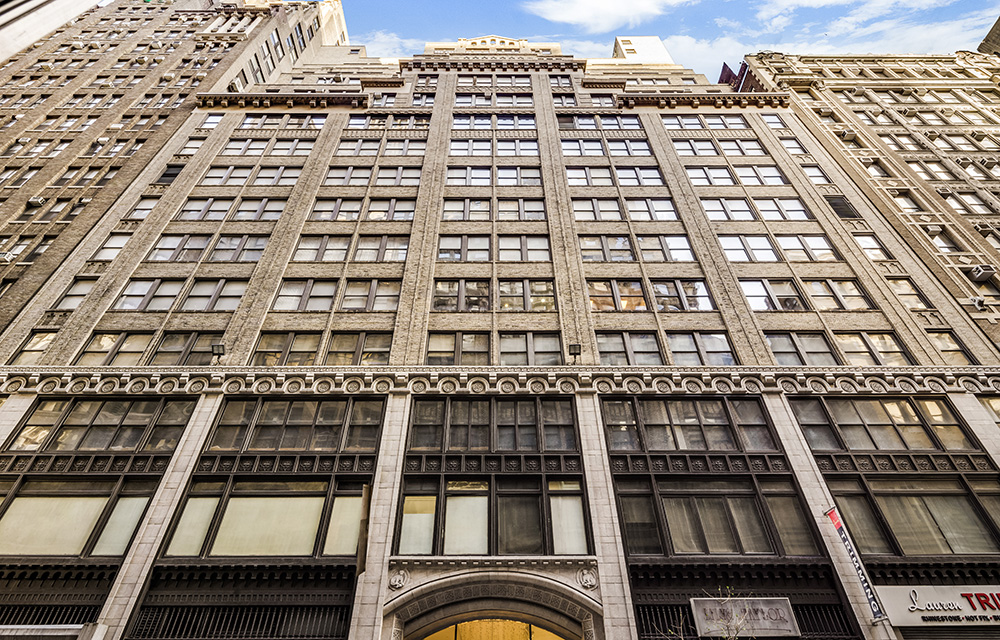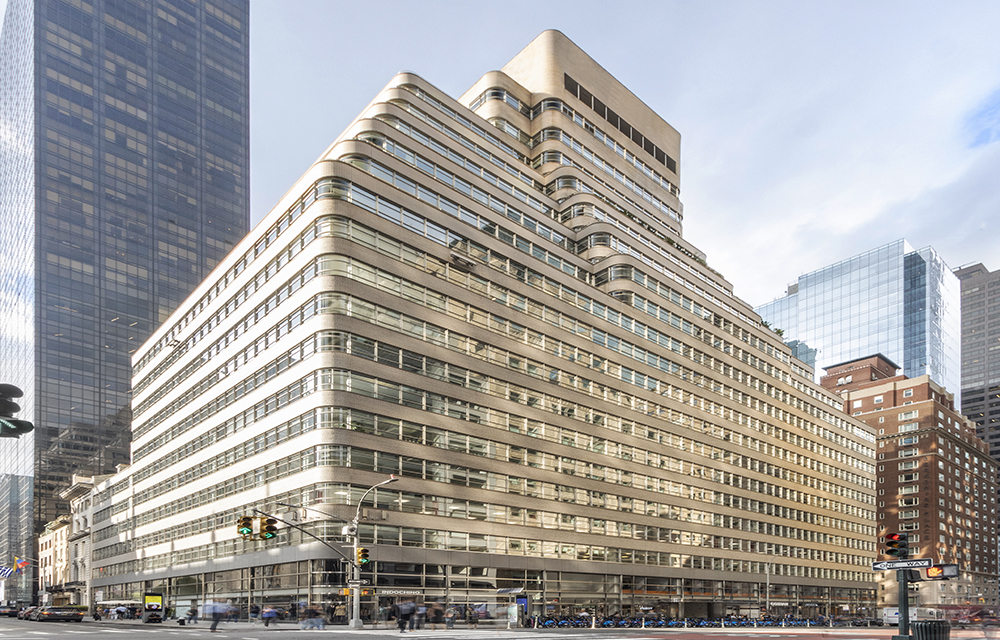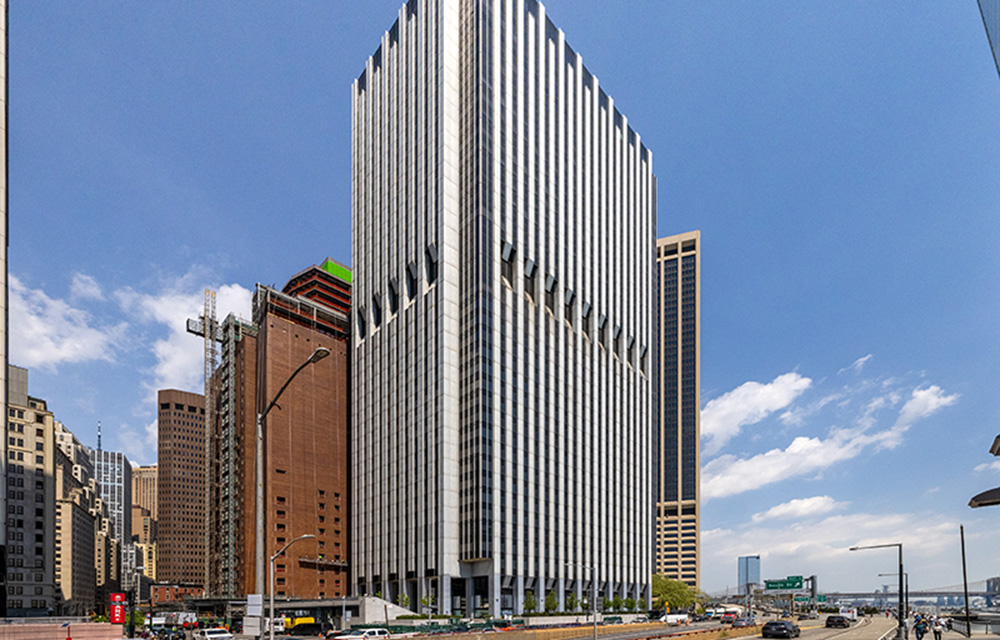The Real Estate Board of New York advocates for updated rent guidelines

New York, NY The Real Estate Board of New York (REBNY), presented testimony to the NYC Rent Guidelines Board (RGB) advocating for fiscally responsible rent increase policies that are commensurate with property tax increases to ensure the safety of city renters and the stability of the city’s rent stabilized housing stock.
“The real estate industry has always served as the city’s key civic partner and invisible economic engine, but as a result of this public health and humanitarian crisis, real estate is also now one of the city’s most visible and critical public health tools – homes,” said Paimaan Lodhi, senior vice president of policy and planning at REBNY. “Even before the Coronavirus crisis, there were early warning signs that the housing market was in trouble. Now more than ever, it is critical that the Rent Guidelines Board determine responsible increases in rent that correspond to continued increases in property taxes to keep New Yorkers safe and our economy moving.”
New York City’s RGB establishes rent adjustments for approximately one million homes in the city subject to the Rent Stabilization Law. The City of New York also controls property tax increases. Over the past five years, the city has increased property taxes for rent stabilized buildings by 23%, while only allowing for rent increases of 4.25% over the same period of time, effectively ignoring the impact of their own actions when determining what a fair rent increase is. In its testimony, REBNY pushed for the city to peg RGB increases to a minimum of the rate that is commensurate with property tax increases.
Currently, RGB uses data and analyses from 1992 and prices indexes from 1984 to inform its decision making on changes in rent guidelines. The city’s own 2020 RGB Price Index of Operating Costs (PIOC) study, which analyzes two-year-old data, found that increases between 2.5% - 3.5% for one-year leases and 3.3% - 6.75% for two-year leases are required to maintain owners’ current dollar Net Operating Income (NOI), which helps pay for critical building maintenance and renovations that keep tenants safe and tens of thousands of building service workers employed. For 2020-2021, REBNY recommends a minimum of a 2.4% increase for one-year leases, commensurate with the weighted increase of expenses dedicated to property taxes.
“Smart decision making starts with good data. We all can see the challenges our city is facing so we are relying on sound government strategies that will solve – not create more – problems. Policies that jeopardize a property owner’s ability to pay for basic maintenance or renovations only jeopardize the safety of tenants, exacerbate the affordable housing crisis, contribute to economic job loss and, ultimately, will saddle the city with budget shortfalls for years to come. We can’t afford to get this wrong,” Lodhi said.
The real estate industry is a fundamental driver of New York City’s economic engine, representing more than half of the City’s total annual tax revenue in the last fiscal year. The industry employs hundreds of thousands of New Yorkers from building service workers to brokers and generates essential revenue for the City of New York to maintain the salaries of first responders, fund infrastructure improvements and provide for public services like schools, libraries and parks.
Download REBNY’s complete testimony here. To learn more about New York City’s invisible economic engine, click here.
Meridian Capital Group arranges 10-year retail lease for Mess at 236 West 10th St.


Lasting effects of eminent domain on commercial development - by Sebastian Jablonski

Strategic pause - by Shallini Mehra and Chirag Doshi

AI comes to public relations, but be cautious, experts say - by Harry Zlokower









.jpg)

.gif)